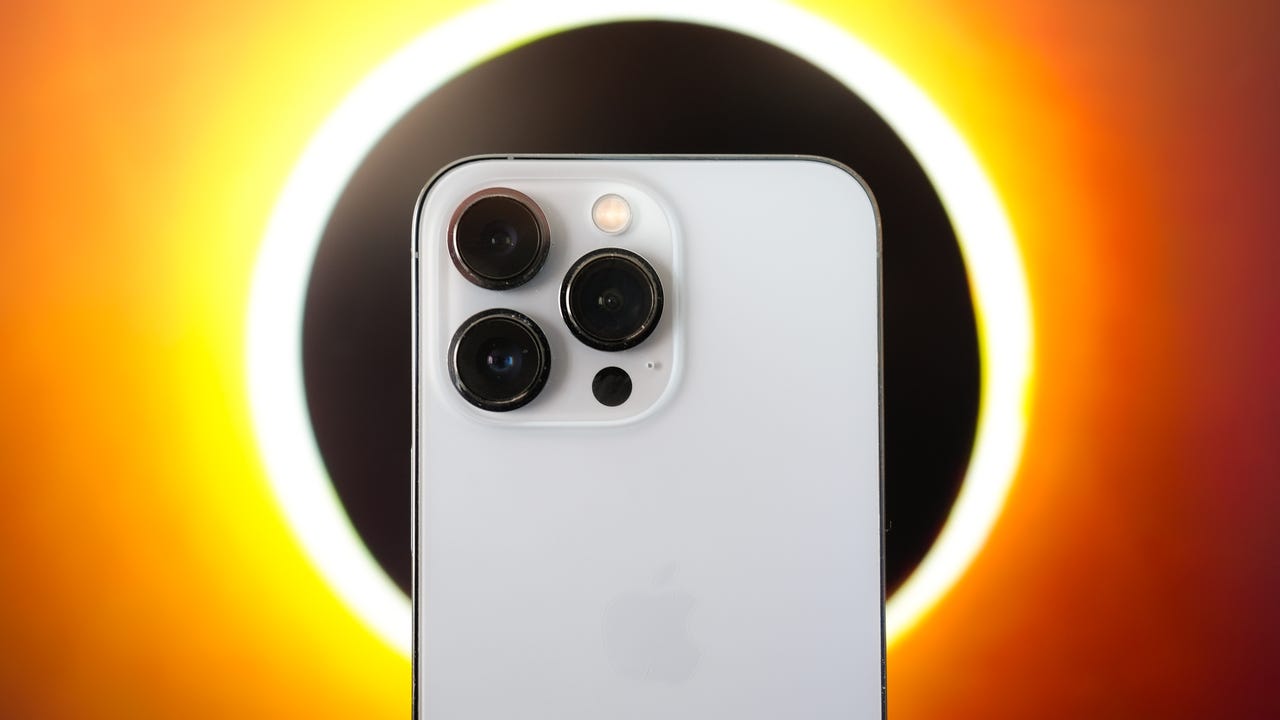'ZDNET Recommends': What exactly does it mean?
ZDNET's recommendations are based on many hours of testing, research, and comparison shopping. We gather data from the best available sources, including vendor and retailer listings as well as other relevant and independent reviews sites. And we pore over customer reviews to find out what matters to real people who already own and use the products and services we’re assessing.
When you click through from our site to a retailer and buy a product or service, we may earn affiliate commissions. This helps support our work, but does not affect what we cover or how, and it does not affect the price you pay. Neither ZDNET nor the author are compensated for these independent reviews. Indeed, we follow strict guidelines that ensure our editorial content is never influenced by advertisers.
ZDNET's editorial team writes on behalf of you, our reader. Our goal is to deliver the most accurate information and the most knowledgeable advice possible in order to help you make smarter buying decisions on tech gear and a wide array of products and services. Our editors thoroughly review and fact-check every article to ensure that our content meets the highest standards. If we have made an error or published misleading information, we will correct or clarify the article. If you see inaccuracies in our content, please report the mistake via this form.
Could the eclipse burn out your iPhone camera? The experts weigh in

On Monday, April 8, millions of people in North America will experience a total solar eclipse, when the moon passes by the sun, bringing a brief moment of darkness during the daytime. When it happens, the rule of thumb is never to stare directly at the sun, whether partly covered or fully eclipsed, as prolonged exposure to the brightness can result in severe eye injury, according to NASA.
Also: There's still time to grab the best solar eclipse glasses of 2024
What about capturing pictures and videos with your smartphone? Whether you're using an iPhone or Android, the general consensus from phone manufacturers, accessory makers, and product experts suggests that, like your eyes, the phone's fragile camera sensors can't be exposed to the light for too long. Otherwise, there's a possibility of damaging the sensor.
"For those who are very concerned, it is possible to buy a solar filter for the smartphone camera at a fairly reasonable price," Canalys analyst Runar Bjorhovde advises. "Let's also not forget that the biggest risk from an eclipse is to the eyes of a person watching. Those tend to be much harder to repair and replace than a smartphone camera."
The folks from Halide Camera, who developed an iOS app that gives you manual controls for your iPhone's camera, also suggest capturing photos only during the eclipse, and in short bursts. At that time, the sun is either covered by clouds and/or the moon, lessening the intensity of its brightness and posing a smaller threat to your phone's sensor. Your phone camera can also better adjust its exposure levels, speed of light, and f/stop to match the color of the sun while it's obstructed, Bjorhovde notes.
Also: April 2024 solar eclipse FAQ: How to watch, what you need, and everything else to know
During other phases of the eclipse, when the sun is more exposed, your phone's output will likely come out blurry, too bright, and unusable. That is unless the handset is equipped with specialized gear, such as a telephoto lens attachment for far-distance capturing, a solar filter, and a tripod or selfie stick for stability. With the proper equipment for your phone, getting a visually accurate shot of the eclipse is very much possible.
